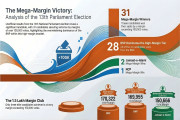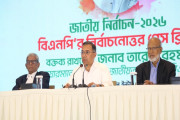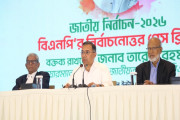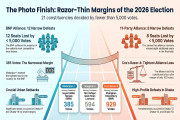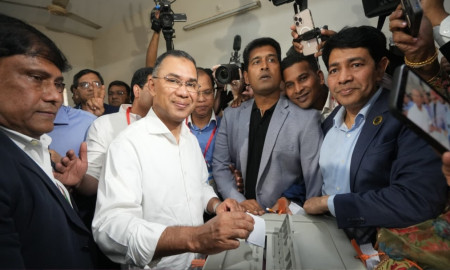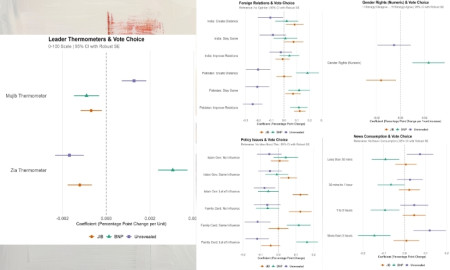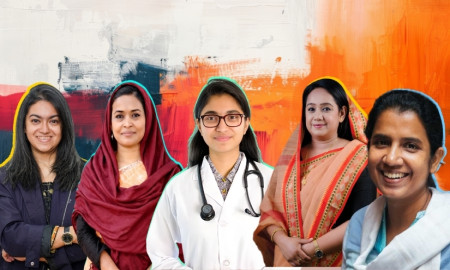A Comprehensive Guide for Bangladeshi Students Studying Abroad in Denmark
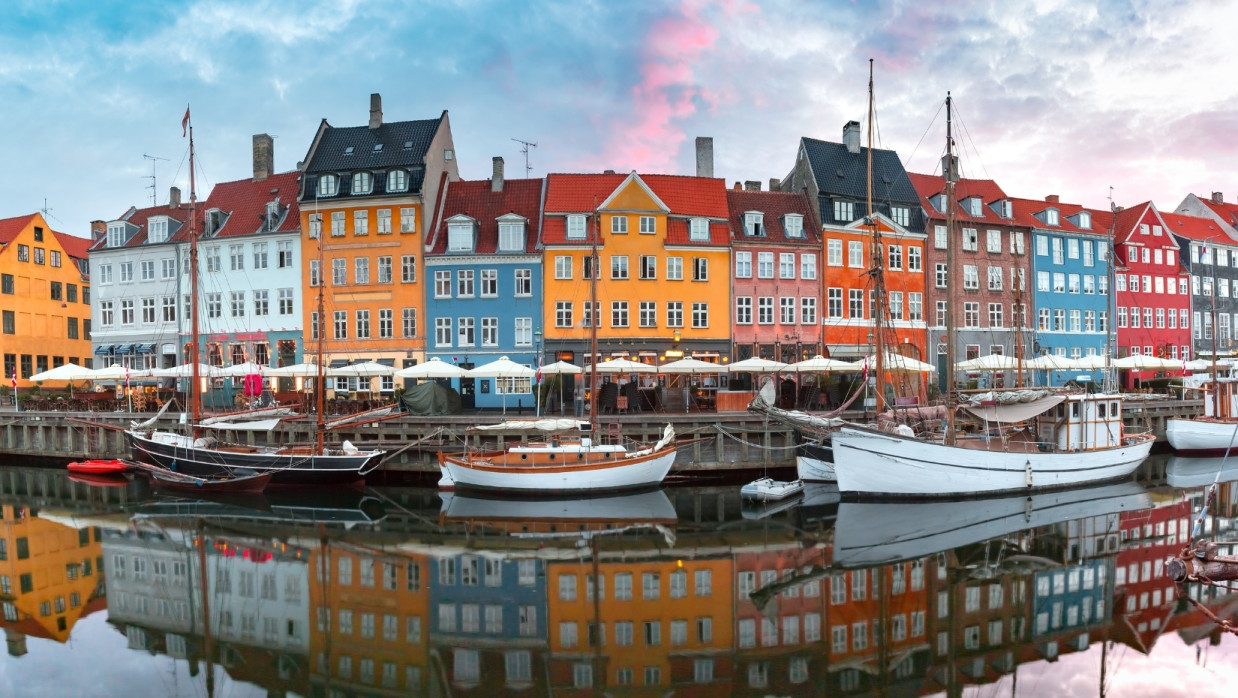
For Bangladeshi students seeking higher education abroad, Denmark offers a compelling destination with its world-class universities, flexible visa policies, and welcoming environment. As countries like the UK, USA, Canada, and Australia impose stricter immigration rules, Denmark stands out for its accessible application processes, family-friendly policies, and opportunities for work and post-graduation settlement. This guide, tailored specifically for Bangladeshi students, outlines the key aspects of studying in Denmark, including academic opportunities, visa requirements, financial planning, work policies, and post-graduation prospects, ensuring a clear and practical roadmap for prospective applicants.
Why Denmark Appeals to Bangladeshi Students
Denmark is home to eight to ten public universities, including globally ranked institutions like the University of Copenhagen and Aarhus University, offering over 600 English-taught programs in fields such as business, engineering, humanities, law, and hospitality. These programs cater to diverse academic backgrounds, making Denmark accessible to Bangladeshi students with varied qualifications. However, niche subjects like Bangla literature are not currently offered, and students interested in such fields should consult studyindenmark.dk for program availability.
A major advantage for Bangladeshi students is Denmark’s English-friendly environment. Approximately 86% of Danes, including most young people and many seniors, speak English fluently as a second language, according to the University of Copenhagen. This ensures Bangladeshi students can navigate academic settings, workplaces, and daily life—from supermarkets to municipal offices—without language barriers, unlike in countries like Germany or Sweden, where local languages dominate. Additionally, Denmark’s free healthcare system (excluding dental, optical, cosmetic treatments, and medications) and lack of mandatory health insurance requirements reduce financial burdens compared to destinations like the UK or Germany.
Visa and Residence Permit Requirements for Bangladeshi Students
Bangladeshi students, as non-EU/EEA citizens, must obtain a residence permit (often referred to as a student visa) to study in Denmark for more than three months. The process is streamlined and handled through VFS Global centers in Bangladesh, making it more convenient than countries like Finland, which require travel to India for visa processing, or Germany, where processing can take one to two years.
Eligibility Criteria
- Admission to an Approved Program: Students must secure admission to a state-recognized higher education program at a public university or accredited institution.
- Financial Proof: Applicants must demonstrate sufficient funds to cover living expenses, approximately DKK 7,000 per month (EUR 940). Unlike Finland, Sweden, or Germany, Denmark does not require students to provide bank statements or deposit funds in a blocked account. However, dependents (spouses or children) must submit financial documentation.
- Language Proficiency: English-taught programs typically require an IELTS score of 6.5–7.0, TOEFL iBT 88–100, or equivalent, which is achievable for many Bangladeshi students with strong English preparation.
- Biometrics: Applicants must provide a photograph, fingerprints, and signature at a VFS Global center in Bangladesh.
Application Process
The Danish Agency for International Recruitment and Integration (SIRI) oversees residence permit applications, with universities often initiating the process. Bangladeshi students can complete applications through the SIRI portal, following these steps:
- Create a Case Order ID: Visit the SIRI website, select “Higher Education,” and generate a case order ID.
- Pay the Fee: The application fee is DKK 1,900 (approximately EUR 255 or BDT 30,000), payable online. VFS Global charges an additional USD 30 (approximately BDT 3,500) service fee.
- Submit Documents: Required documents include a letter of admission, proof of funds, a valid passport, and language test results.
- Provide Biometrics: Schedule an appointment at a VFS Global center in Dhaka or Chittagong within 14 days of application submission.
- Await Processing: Decisions typically take 60 days, with notifications sent via email or SMS.
Upon arrival, students register with the local municipality to obtain a Civil Registration Number (CPR), granting access to healthcare and public services. The residence permit and CPR card are mailed within two to three weeks.
Family Reunification for Bangladeshi Families
Denmark is exceptionally accommodating for Bangladeshi students with families. Spouses and dependent children can apply for residence permits simultaneously with the student or immediately after the student’s arrival, with no mandatory waiting period. Dependents must provide financial proof, but the process is efficient, unlike the UK’s restricted spouse visas or Germany’s requirement for spouses to learn German. This makes Denmark an ideal choice for married Bangladeshi students seeking to relocate with their families.
Academic Application Process
Applying to Danish universities is straightforward, with institutions providing clear, step-by-step instructions on their websites. Bangladeshi students can apply independently, avoiding costly agents, as universities outline admission requirements, documentation, tuition fees, and payment processes. Required documents typically include academic transcripts, a CV, a motivation letter, and proof of English proficiency. Students should visit studyindenmark.dk to explore programs and confirm eligibility, ensuring their academic background aligns with available courses.
Financial Planning for Bangladeshi Students
Bangladeshi students must budget for tuition and living costs, but Denmark’s financial policies are more lenient than many European countries:
- Tuition Fees: Non-EU/EEA students pay tuition ranging from EUR 6,000 to EUR 16,000 per year (approximately BDT 7.5–20 lakh), depending on the program. EU/EEA/Swiss students study for free, but this does not apply to Bangladeshi nationals.
- Living Expenses: Monthly costs range from EUR 800–1,200 (BDT 1–1.5 lakh), covering accommodation (EUR 400–900), food (EUR 200–270), transport, and other expenses. Copenhagen is the most expensive, with one-bedroom apartments averaging EUR 1,333 (BDT 1.7 lakh).
- Scholarships: Bangladeshi students can apply for Danish Government Scholarships, Erasmus Mundus, or university-specific grants at institutions like Copenhagen or Aarhus Universities to offset tuition costs.
Denmark’s lack of a bank statement requirement for students (unlike Finland, Sweden, or Germany) simplifies financial planning for Bangladeshi applicants, many of whom face challenges securing large bank deposits. Dependents, however, must provide proof of funds, which requires careful budgeting.
Work Opportunities for Bangladeshi Students
Denmark’s flexible work policies are a significant draw for Bangladeshi students. Non-EU/EEA students with a residence permit can work:
- Up to 90 hours per month (approximately 20 hours per week) from September to May, following a July 2024 update (previously 80 hours).
- Full-time (37 hours per week) during June, July, and August.
No separate work permit is required, as work rights are included in the residence permit. Bangladeshi students can find part-time jobs in hospitality, retail, or cleaning, where English is widely accepted, eliminating the need for Danish proficiency. For students with dependents, a full-time job held by the spouse can cover living expenses and tuition, while part-time work by the student supplements income. Even with a child, financial stability is achievable if the dependent secures steady employment, making Denmark viable for Bangladeshi families.
Post-Graduation Opportunities
Denmark encourages Bangladeshi graduates to stay and contribute to its workforce. Key benefits include:
- Job-Seeking Period: Graduates from public university programs receive a three-year residence permit for job seeking, during which they and their dependents can work full-time.
- Path to Permanent Residency: By meeting requirements, such as learning Danish and securing employment, graduates can apply for permanent residency. Free Danish language courses are offered (with a refundable deposit), though achieving residency is challenging but feasible with long-term planning.
- Labor Market Access: Denmark’s “Positive Lists” highlight in-demand roles in fields like engineering, IT, and healthcare, simplifying work permit applications for Bangladeshi graduates.
Cultural and Practical Advantages for Bangladeshi Students
Denmark’s English-friendly environment is a major advantage for Bangladeshi students, who often have strong English skills but limited exposure to European languages. From administrative tasks (e.g., opening a bank account) to daily interactions in supermarkets or municipal offices, English is widely accepted, easing cultural adaptation. This contrasts with Germany or Sweden, where local language proficiency is often expected.
Healthcare is another benefit. Bangladeshi students access free medical treatment (excluding medications, which must be purchased) without needing private health insurance, unlike in the UK or Germany. General surgeries are covered, reducing financial stress for students on tight budgets.
Policy Trends and Strategic Considerations
Compared to the UK, Canada, and Australia, which have tightened visa policies, Denmark remains flexible for Bangladeshi students. However, recent changes suggest gradual tightening. In 2024, Denmark introduced stricter oversight of unofficial programs to address visa misuse, and while the financial guarantee for family reunification was reduced to DKK 57,000 (approximately BDT 7.1 lakh), future restrictions are possible.
Bangladeshi students should act promptly to leverage current flexibilities. Key recommendations include:
- Research Programs: Use studyindenmark.dk to explore English-taught programs and confirm subject availability, as niche fields may be limited.
- Apply Early: Submit visa and university applications three to four months before the intended start date to account for processing times.
- Budget Wisely: Plan for tuition and living costs, and explore scholarships to reduce financial strain.
- Consider Family Needs: Married students should prepare financial documentation for dependents to ensure smooth family reunification.
- Learn Basic Danish: While not mandatory, Danish proficiency can enhance job prospects and support residency applications.
Denmark offers Bangladeshi students a unique opportunity to pursue world-class education in a supportive and accessible environment. Its straightforward visa process through VFS Global, family-friendly policies, and generous work allowances set it apart from other study destinations. With free healthcare, a three-year job-seeking period, and an English-friendly culture, Denmark provides a solid foundation for academic and personal success. However, with potential policy changes looming, Bangladeshi students should act swiftly, preparing thoroughly to seize this golden opportunity for higher education and a promising future in one of Europe’s most progressive nations.

